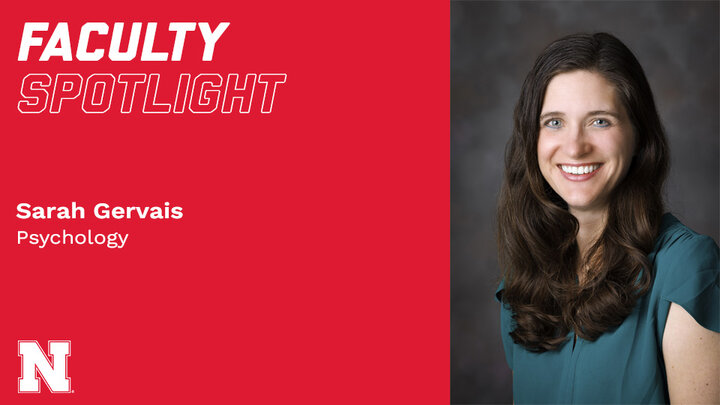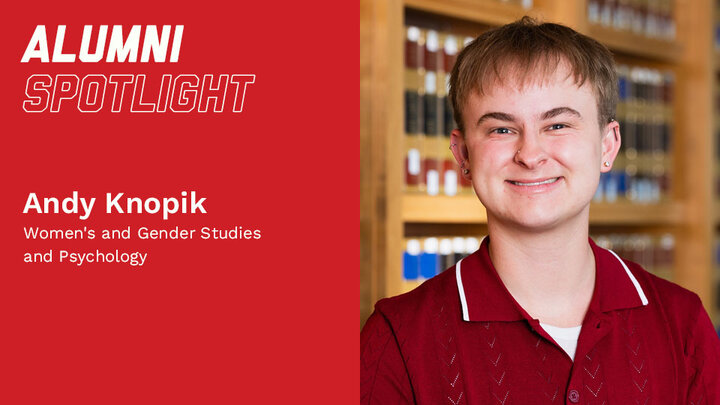Date that you joined UNL: 2008
Hometown: Tracy, MN
Describe your research and how it contributes to alleviating or understanding health disparities?
My work examines when and why people sexually objectify people - seeing people as sexual objects, rather than full-fledged human beings - and the consequences of objectifying behaviors in health, education, and work outcomes. Because objectification is used to create, reinforce, and maintain patriarchy, women experience objectification at disproportionately high rates and with more adverse consequences compared to men and objectification can manifest in particularly harming ways toward women from racial, sexual, and gender minorities.
What inspired you to study health disparities and/or your field of research?
Objectification often manifests in subtle ways such as with gazing (e.g., ogling) and when I started this work, our culture supported adages such as "you can look, as long as you don't touch," making it a particularly insidious form of sexism and sexual violence.
What advice would you give to incoming students (graduate or undergraduate) who are interested in studying health disparities?
Be prepared to follow where the data takes you. I love conducting empirical research because I can test my hypotheses about health disparities with data. However, some of my most interesting findings have been the ones that were not hypothesized. At the beginning, you usually end up with more questions than answers, but if you stay persistent, it leads to much more satisfying conclusions.
What advice would you give to incoming faculty who are interested in health disparity research?
Collaborate, collaborate, collaborate. Not only will it make your projects better, but it will be more fun! Plus, this work can yield depressing conclusions and collaborators are always there to commiserate.
What would your colleagues/students be surprised to learn about you?
I started playing piano in Kindergarten and still play for fun today.




